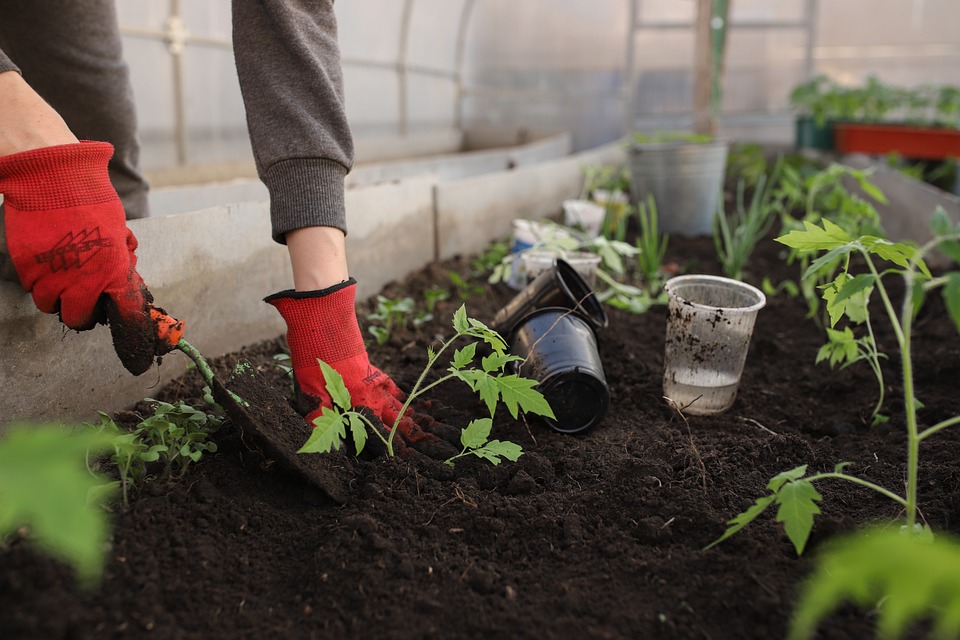Having a healthy, abundant food garden can be a wonderfully pleasant experience. The ideal vegetable seeds for your garden will be determined by the climate where you live, the mineral composition of your soil, and a range of other considerations, such as typical rainfall and how much sun your garden receives. Continue reading to learn how to select the best vegetable seeds for your needs and get your garden up and running.
Consider the layout and location of your garden.

Examine or plan the arrangement of your garden before deciding what seeds to plant. Vegetables require a lot of suns to grow large and abundantly, so find a spot where your seeds will get the maximum sun exposure.
Make certain you have enough space and room for your vegetable garden to grow and thrive. Also, make sure your garden has adequate space for the veggies you want to plant. Some plants that grow in bushy forms can choke off smaller plants.
Choose seeds based on your requirements, harvest time, and growing conditions.
When browsing the vegetable seed catalog, pay close attention to what each plant requires and whether or not you have the right habitat for it.
Another significant thing to consider is the length of the harvest.
Some veggies take longer to produce a nice harvest, so be sure your time frame corresponds to the growth circumstances, or your vegetables may perish before you can enjoy their fruits.
Learn about the various types of vegetable seeds.
Vegetable seeds are divided into three categories: hybrid, open-pollinated, and heritage. A plant breeder creates hybrid vegetable seeds to generate a vegetable plant with certain features. Disease resistance to larger vegetables is an example of them. Open-pollinated vegetable seeds are formed organically from other vegetables. Self-pollination or cross-pollination can occur due to this, which is often induced by wind or other natural pollinators.
Heirloom seeds are often open-pollinated, but the distinction is that they are over 50 years old and have been passed down through generations of gardeners.
Look for vegetable seeds that are disease and pest-resistant;
- Beans.
- Beets.
- Broccoli.
- Brussels Sprouts.
- Cabbage.
- Carrots.
- Corn (sweet)
Another factor to consider when selecting vegetable seeds for your garden is their resistance to pests and diseases. Find out what some of the most frequent pests are in your area, and then hunt for seeds that are resistant to these pests in particular. Otherwise, you risk wasting time and money on pesticides and other forms of pest management instead of enjoying and cultivating a healthy garden.

Certain vegetables are more susceptible to things such as root rot or other diseases, so do your homework.
I cultivate a combination of heritage, open-pollinated, and hybrid vegetable seeds in my garden, and I try to buy organic wherever possible because it corresponds with my principles. I’ve tried a lot of different types in my garden over the years, and performance is the most important factor for me.
Can it produce a large amount of food, resist common diseases, and taste good? To be honest, it doesn’t matter to me if a variety is an heirloom, hybrid, or open-pollinated as long as it feeds my family.
I also enjoy growing attractive veggies, so I consider each variety from that perspective.
However, it must first operate effectively and taste excellent, with attractiveness added as a bonus.
An essential thing to remember is to keep note of the kinds you grow in your garden each year so you may repeat your successes and avoid the ones that don’t work.
Over time, you’ll develop your unique list of preferred kinds that consistently perform well in your garden.





